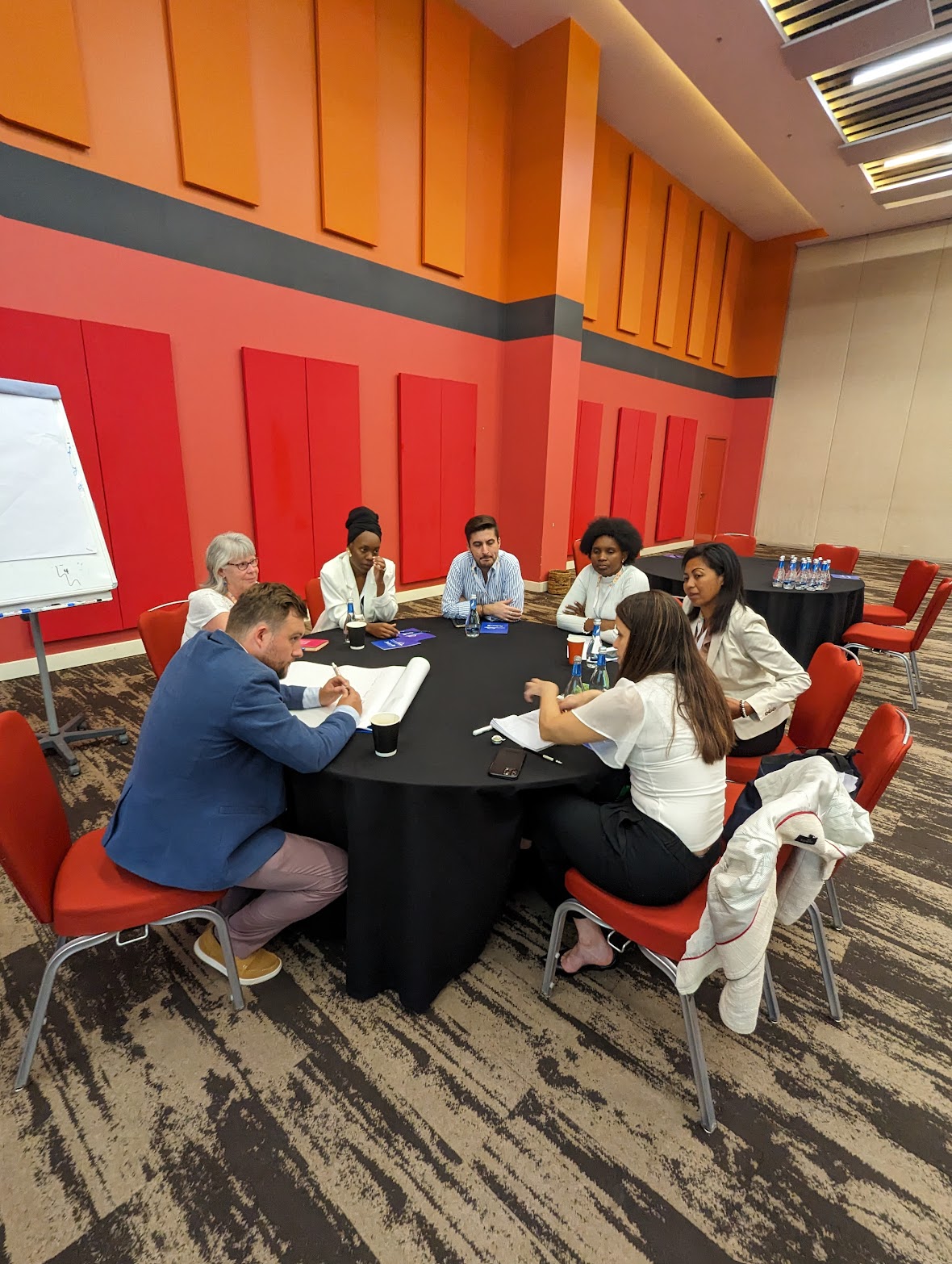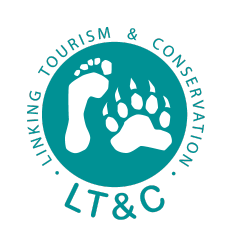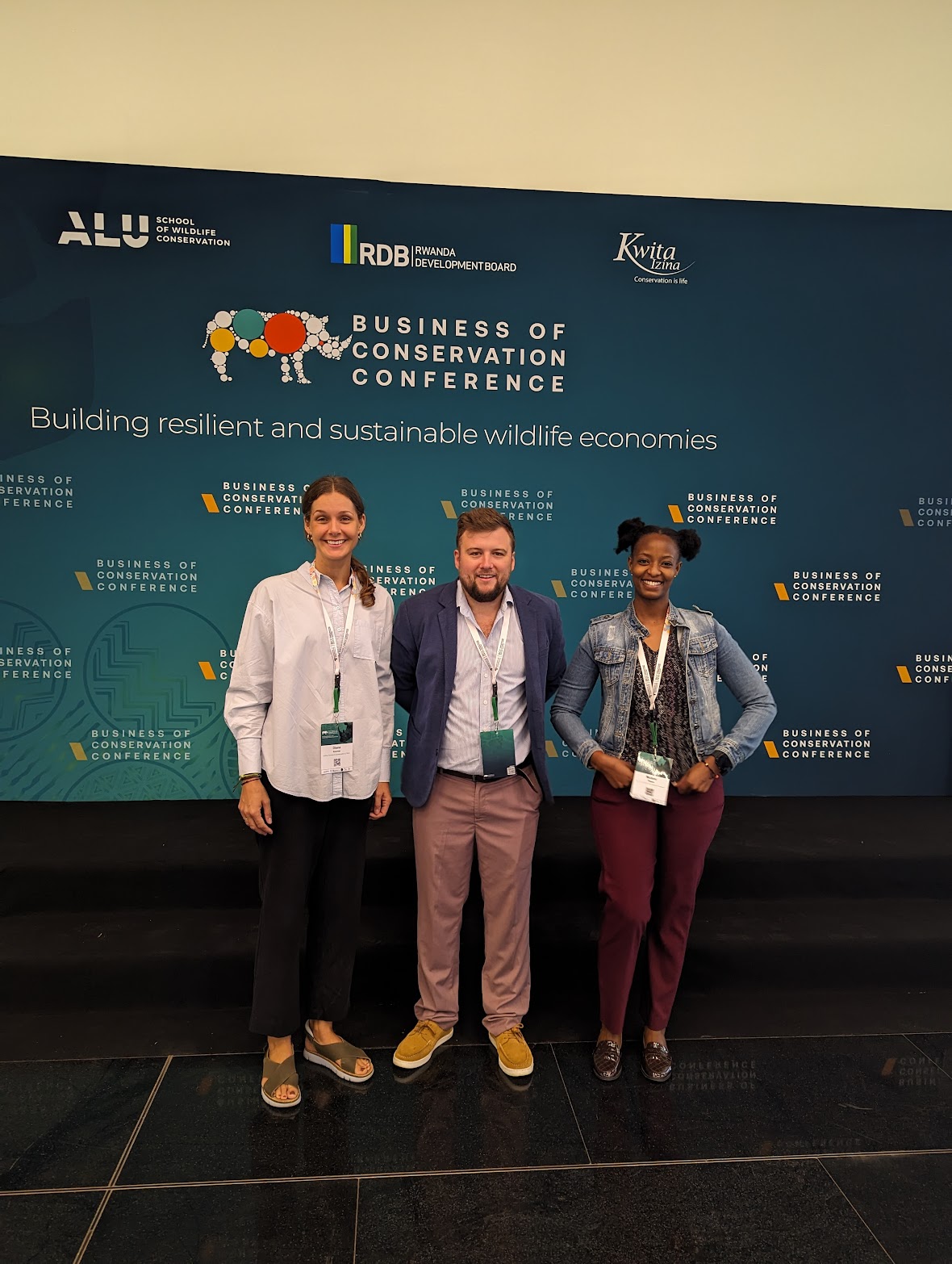LT&C had the pleasure to host a parallel session at the Business of Conservation Conference in Rwanda. The African Leadership University (ALU) with its School of Wildlife Conservation was the host of the conference and is a remarkable institution pioneering a new approach of developing leadership in Africa, very impact and mission driven, addressing the key challenges of the continent.
The conference had numerous high-quality and inspiring speakers, an award ceremony for the unsung heroes of conservation and the afternoons included side events (among them ours) discussing a wide range of different topics around the Wildlife Economy.
Our solution room focused on our African LT&C Examples, with Peace Mutoni and Ben Taylor presenting Red Rocks Rwanda and Chumbe Island Zanzibar respectively, and hosting a discussion with attendees around the challenges and opportunities to replicate and scale up ecotourism best practices in Africa. Some of the key points that attendees (sustainable tourism experts, ecolodge and tour operator representatives, young entrepreneurs, journalists) pointed out were around measurement, in identifying and making use of existing suitable verification criteria, addressing supply chains and sustainable infrastructure, and fostering more collaboration across the industry, such as the African Changemakers partnership which is a trade partnership collecting funds in a crisis fund that supports conservation where needed.

Some (of the many) key take-aways from the conference from our chair Diana:
Equity and purpose
Most Africans do not experience something that is for benefit of tourists. There was huge consensus on the need to work closer with communities and to develop ecotourism that truly benefits local communities and is also made more accessible to them. The aim to protect nature for people not from people was strongly emphasised to ensure that there is an economic value, a business case in conservation to support local communities.
Gender equality in conservation
This discussion was put high on the agenda of BCC by having UN Women goodwill ambassador Danai Gurira speak about her experience as an African woman living and later travelling to some of the key ecotourism places, encountering racisms and an elitist tourism model. Her reflections on the immense opportunity for innovation and positive change coming from empowered women was needed!
Resilience
Seeing wildlife as a strategic asset, with a biodiversity found nowhere else on the planet, should lead conservationists to be more business minded and speak the language of the financial sector, in order to be able to convince tax authorities, ministries of finance of the benefits of conservation. A wealth of new blended finance models exist that support nature based enterprises who in return provide long term investment into the community. The 2023 Wildlife Economy Investment Index (WEII) presented by ALU is a key document to consult when it comes to the latest data on the wildlife economy (consisting of ecotourism, hunting & fishing, carbon market, forest products, wildlife ranching), as well as ranking of African countries in regards to a carefully elaborated evaluation framework considering the status of wildlife, investment climate etc. Importantly, we need to be aware that for a sustainable wildlife economy, we need a wide range of different actors support the cause in their respective capacity and talent.
Education
Experts shared that 67% of African states pay more for debt than for education. 80% of children from surrounding communities of Kruger National Parks in South Africa have never seen wildlife. Education needs to begin as early as possible and continue into high school, media playing a huge role and identifying heroes that African youth can relate to and feel inspired by.



